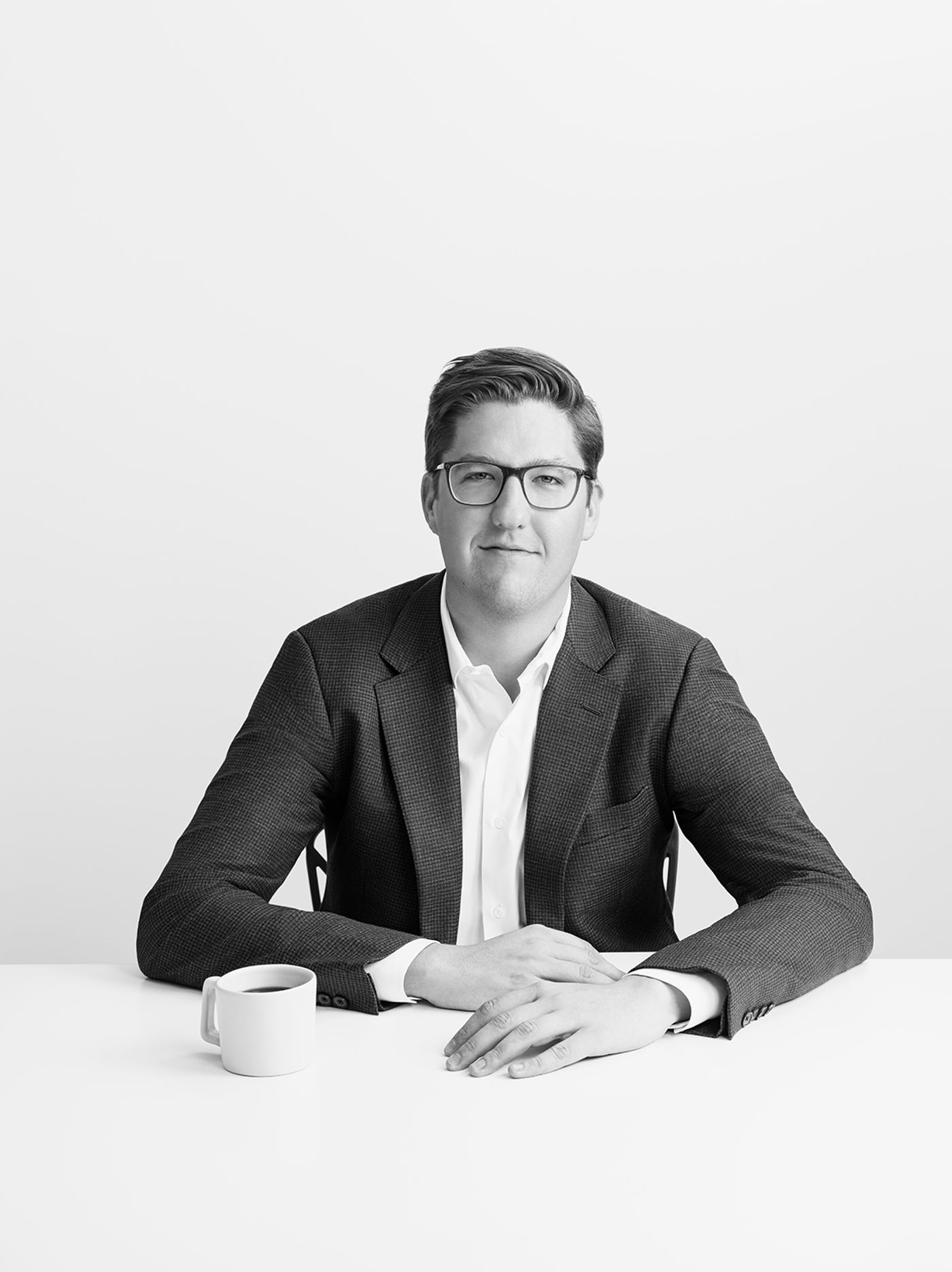Let’s talk about books! You make lots of them. When researching for this interview, your book with Phaidon, In Memory Of: Designing Contemporary Memorials, stood out because time and honoring time is really what memorials are about. Can you explain your role at Phaidon and your involvement with books?
After announcing that I was leaving Surface, I was invited to be Phaidon’s editor-at-large by the [now former] CEO, Keith Fox, and [Editorial Director] Emilia Terragni. The first book I pitched to them was In Memory Of, which I spent three years writing. Having had an image of myself being carried out of a plane crash turned into a memorial, making that book allowed me to look at something deeply personal to me while exploring the global culture of memorial-making that became very prolific post-Maya Lin’s Vietnam Veterans Memorial. Memorials are some of the greatest spaces on Earth because they combine the power of art and architecture, which Noguchi knew all too well. The book makes a case for abstraction over figuration and argues against placing the human figure and form on a pedestal, and more towards spaces that allow what I call a “polyvocal experience”, where there’s multiple voices and things at play that aren’t just a statue telling you how to remember something. Multiple meanings and metaphors are imbued throughout the whole thing. Later in 2023, again in a fortuitous habit, I was asked to pitch on a Leading Hotels of the World project, after meeting the CEO, Shannon Knapp, at a holiday party. We’re making five books: one book a year for five years. We published the first one, Design, in December last year, and the second, Culture, this past June. The next two books will be published in consecutive Junes, and the fifth and final book’s release will coincide with leading hotels’ 100th anniversary.
How would you describe the current media landscape, and where do you position The Slowdown in that?
I think the media landscape has become so fractured and noisy. We’re leaning into the slow thing with in-person interviews and intimate, long-form conversations. I describe us not as a media company, but as a culture-forward media company, meaning that we view culture as the most important thing that’s feeding the planet. People really desire community, so I’m trying to build a whole community around The Slowdown. In 2023, we celebrated our five-year anniversary and threw this big dinner at Eleven Madison Park, inviting more than 25 former Time Sensitive guests. It was wild to have that brain power in a room together. It felt like the modern day version of the Algonquin Round Table, with Daniel Boulud sat next to culinary historian Jessica B. Harris, plus Ghetto Gastro’s Jon Gray sat next to Kim Hastreiter and Teresita Fernández and Elizabeth Alexander. The list goes on. That was the room! I hope that’s a microcosm of what The Slowdown is on a much bigger scale. What time is it?
We’re almost done! Now that you’ve celebrated your fifth anniversary, you’re one year past what you said is the ideal amount of time to be an editor-in-chief. Are you looking back?
I’m turning 40 this year and when you have those big birthdays, it’s usually a moment to reflect on all you’ve accomplished, but also, by this age, many of your most formative interviews have started to pass away, and you realize how sacred and important those conversations were. When I spoke to Tina Barney two years ago, she said this work was important because it was for posterity. I really do think these conversations will become archived and become part of that posterity for a lot of people. I first felt that when Zaha Hadid died. Our conversation was one of her last in-depth interviews. It was the same for Rodney King. I had a mini column at the New York Times Magazine and I was one of the last people to interview him. To be able to say and know that I had the opportunity to bring someone’s valuable words into the world and be that vessel for them is so humbling.
I always feel very keenly aware and mindful of this when covering people who are either very, very young, where their practice will be shaped by what you put out there about them, or people who are very, very old, knowing that that will be a reflection on their legacy.
Last year, I interviewed the oldest guest we’ve had on Time Sensitive, Thaddeus Mosley, a 99-year-old sculptor from Pittsburgh. He is the closest living artist to Brâncuși and Noguchi, in my opinion. Getting to interview Thaddeus was another one of those moments of like… wow.
